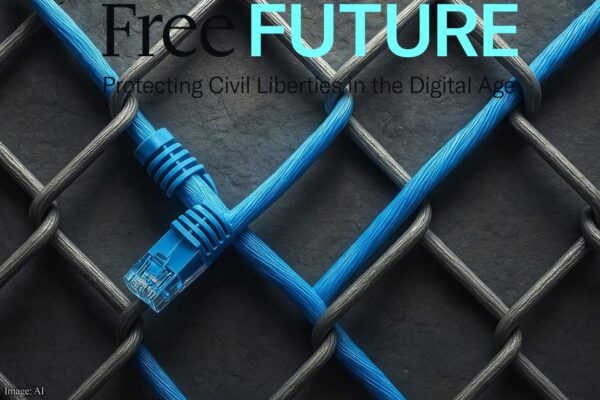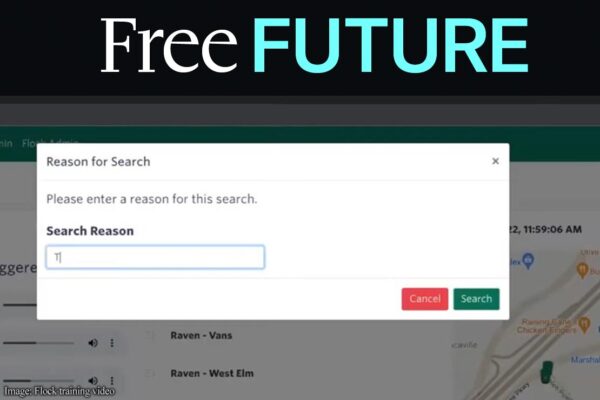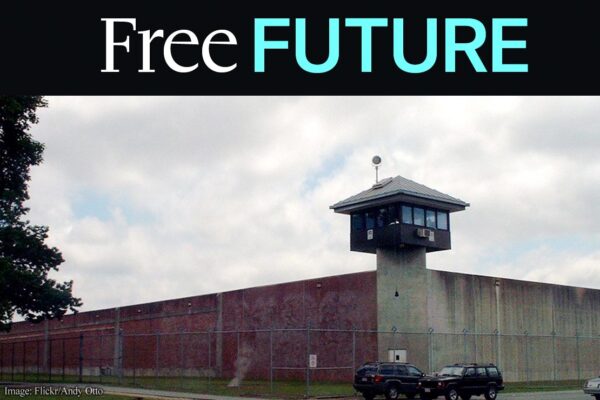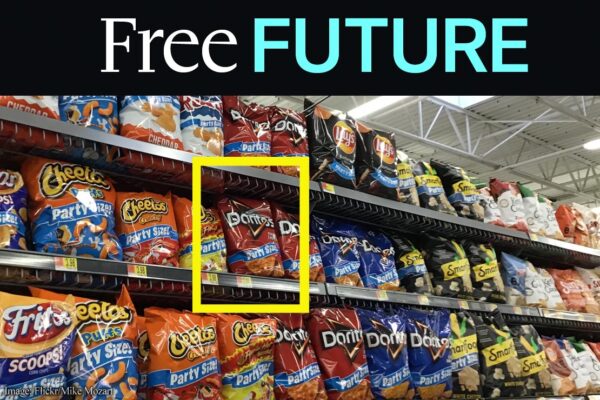At Liberty Podcast

At Liberty Podcast
A Growing Movement for Ethical Tech
November 21, 2018
In recent weeks, hundreds of Amazon employees have spoken out to oppose the company marketing its facial recognition software for use by Immigration and Customs Enforcement. They join a chorus of voices — both in the tech world and outside of it — who are concerned about the use of artificial intelligence by law enforcement. We’re replaying a recent episode on the impact of A.I. on our civil liberties, featuring Meredith Whittaker of the AI Now Institute.



